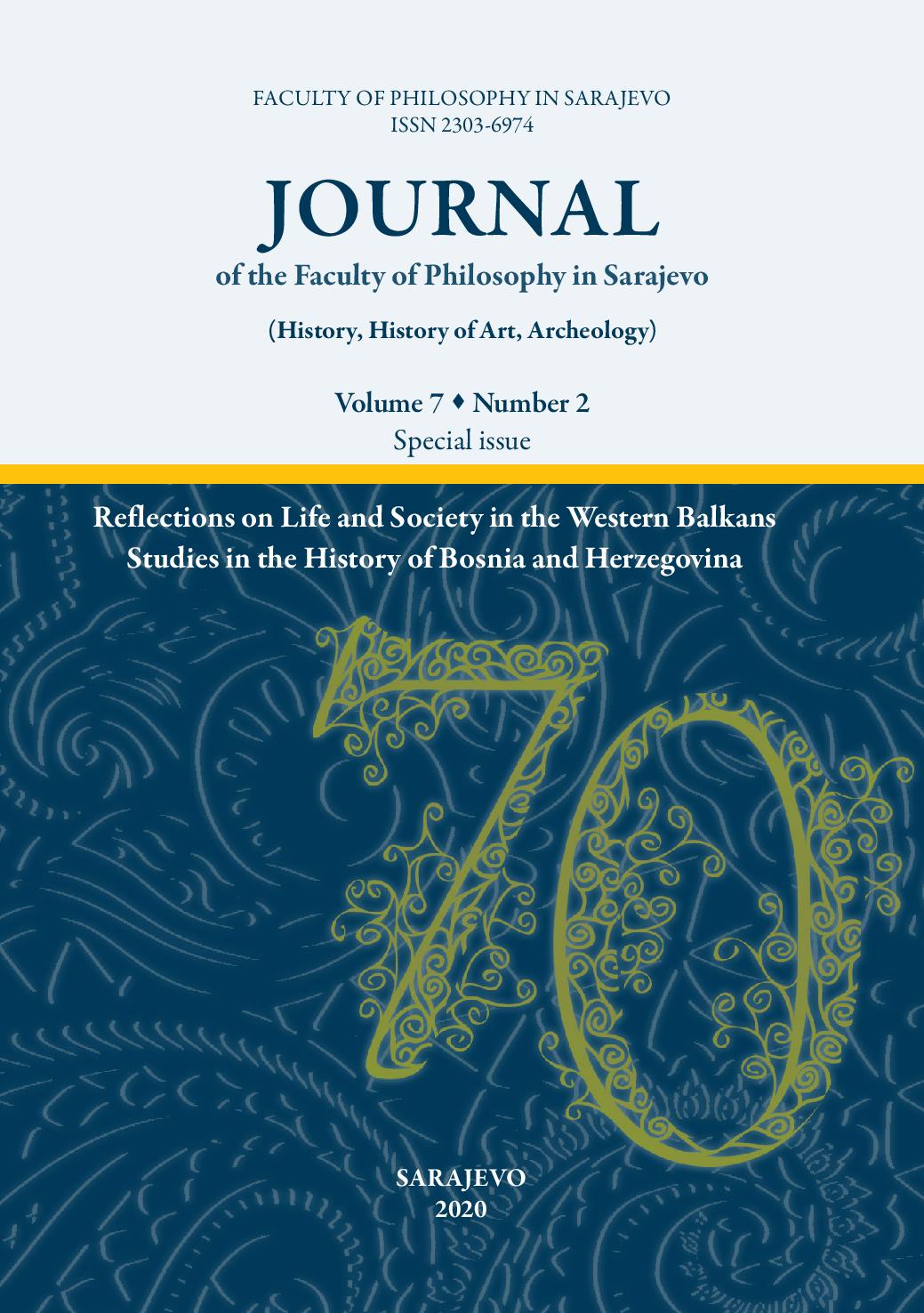The Changing Face of Fiscal Policy in the Periphery of the World of Islam. The Gypsy Poll Tax in Ottoman Bosnia, c. 1690s–1856
The Changing Face of Fiscal Policy in the Periphery of the World of Islam. The Gypsy Poll Tax in Ottoman Bosnia, c. 1690s–1856
Author(s): Fahd KasumovićSubject(s): Economic history, Ethnohistory, Local History / Microhistory, Social history, Modern Age
Published by: Filozofski fakultet Univerziteta u Sarajevu
Keywords: Ottoman Empire; Bosnia; economic history; Romani studies; Gypsies; finance; fiscal policy; taxation; centre-periphery relations; transformation processes; poll tax; jizya; Balkans;
Summary/Abstract: This paper explores the Ottoman government’s Gypsy poll tax policy in the frontier province of Bosnia in the period between 1690s and 1856 by using unpublished archival sources to deconstruct the dominant historiographic narratives on this matter, as well as to answer several important, but still unaddressed questions. After reassessing the principal historiographic ideas and conflicting narratives on the political and legal background of the Gypsy poll tax, this study investigates the hitherto unknown regional variations in the Gypsy poll tax policy, financial importance of the poll tax at the provincial and local level, tax farming arrangements as well as changes in tax collection strategies. Throughout, it argues that previous historiographic works on these questions did not a man taxation policy as they lacked the materials to provide us with a more detailed insight. On the other hand, this research reveals the nuances of these financial changes and variations, which occurred over time, tracks down the central government’s efforts to mobilise the necessary resources and improve the state capacity, while it explains the connection of these changes with the wider economic crises and transformation processes in the Ottoman Empire.
Journal: Radovi: Historija, historija umjetnosti, arheologija
- Issue Year: 7/2020
- Issue No: 2
- Page Range: 95-144
- Page Count: 50
- Language: English

